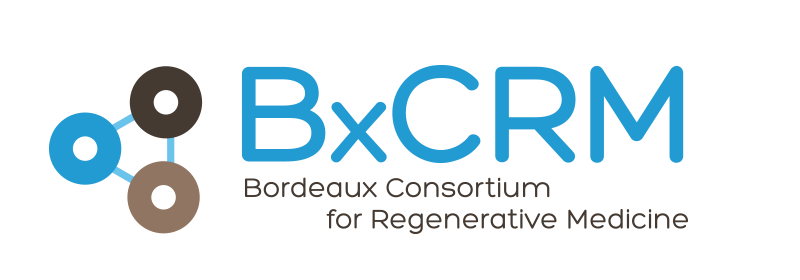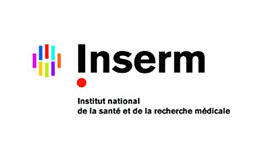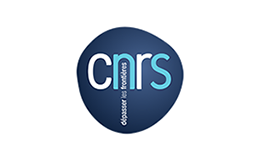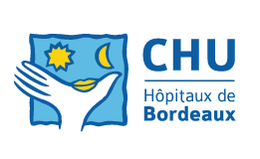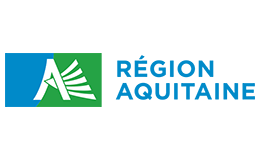Socio-economic & philosophical issues
Regenerative medicine takes an increasingly important place in medical research, and it will significantly impact medical practice and advances in public health in the 21st century. However, many societal and ethical concerns that, if not addressed, may seriously hamper scientific progress.

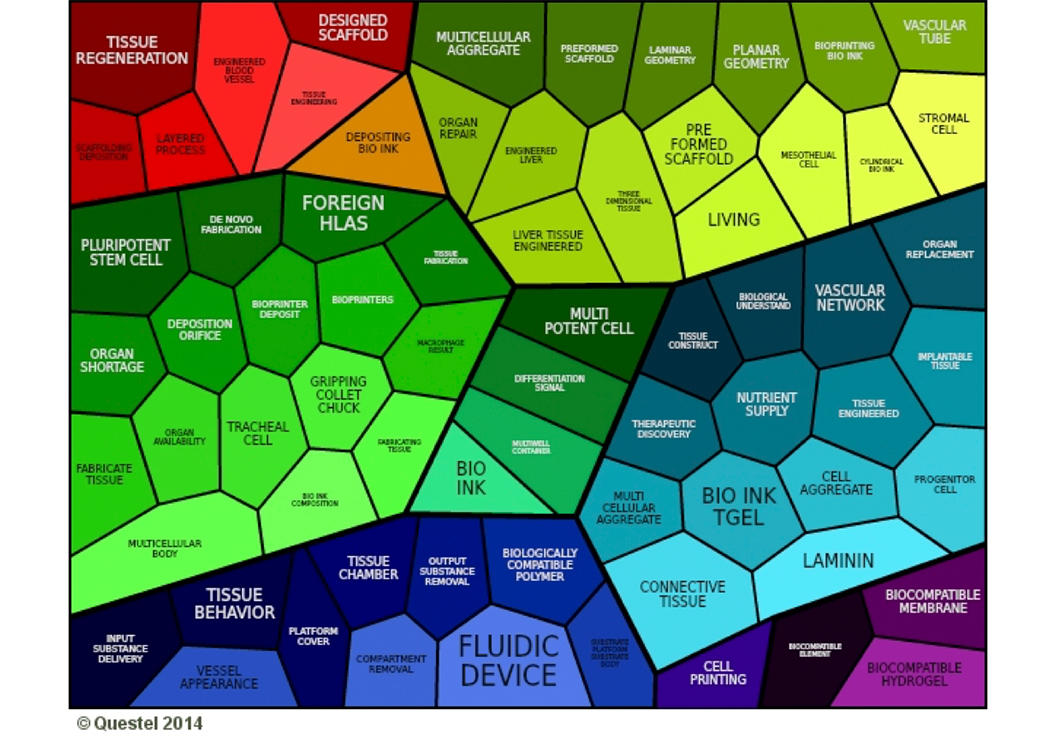 ©Questel 2014
©Questel 2014
Fascination with the ability to regenerate tissues and organs has existed since the earliest observations of Prometheus.
Public expectations are fuelled by stakeholder arguments for research and public funding, coupled with intense media coverage in an ethically charged arena. Because of the potential for regenerative medicine to develop revolutionary clinical therapies that will address unmet patient needs, the community must be careful not to overstate what is possible and the time line necessary for these therapies to reach the patient bedside. The clinical translation of regenerative medicine requires more than scientific discovery. What does the future of regenerative medicine hold, and what is the true potential of such an approach?
By gathering researchers in sociology of science, economy of innovation and philososphy of health & care, this program will explore the historical dynamic and the prospective impact of the ermerging regenerative medicine in our society especially :
- Scientometric analysis of Regenerative Medicine
- Understanding the social mechanisms of knowledge circulation in regenerative medicine
- Studying regenerative medicine as a manifestation of contemporary biopolitics
Representative publications
- Kawecki F. & Gorry P., (2015), Mapping scientific dynamics in « Regenerative Medicine » research, TISSUE ENGINEERING: Part A, 21, Suppl., S-222.
- Gorry P. Montalban M. & Smith A, The EU's Government of Pharmaceuticals: Incompleteness Embraced", Andy Smith & Bernard Jullien (eds), The EU’s Government of Industries. Markets, Institutions and Politics, Abingdon (Royaume-Uni), Routledge, 2014, p. 115-138
- Gorry P & Haunold C. (2012), Dispositifs mutualisés de transfert technologique et de valorisation de la recherche : exemple et bilan, Annales de l’Ecole de Paris de Management, Vol. XVIII, 117-124.
- Le Moigne P. & Ragouet P., (2012), Science as Instrumentation: the Case for Psychiatric Rating Scales, Scientometrics, 39, 329-349.
- Stiegler B., Nietzsche et la biologie, PUF, 2001.
